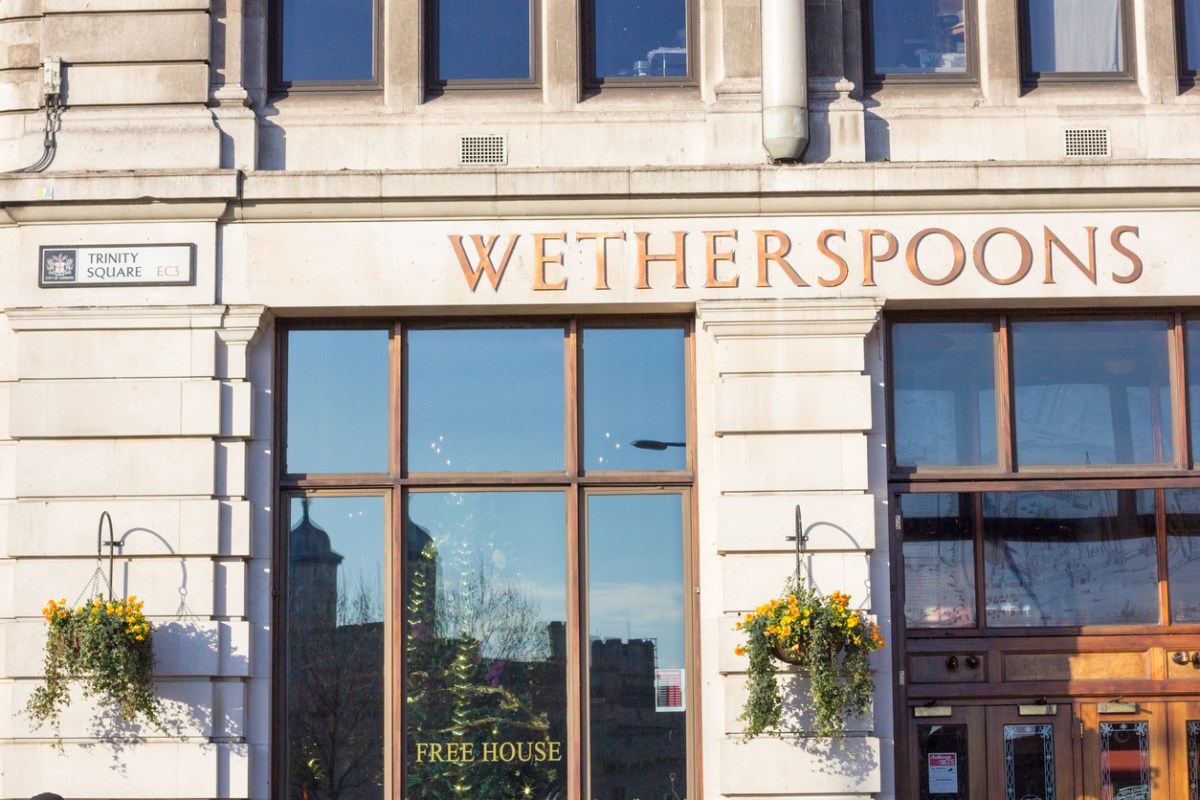UK pub giant, JD Wetherspoon, has made the radical decision to shut down all of its social media accounts, including group and individual venue accounts.
The group, which operates more than 900 pubs across England, Wales, Scotland and Ireland released a statement on Twitter at the start of the week announcing the decision.
“In a world of social media, J D Wetherspoon has decided to close down all Facebook, Twitter, Instagram and other social media accounts for individual pubs and head office.
“Rather than using social media, we will continue to release news stories and information about forthcoming events on our website (jdwetherspoon.com) and in our printed magazine – Wetherspoon News.
“If you’ve been active in contacting us through social media, please continue to feed back at your local pub or via customer services, through our website.”
That official twitter account has now been shut down.
JD Wetherspoon founder and chairman, Tim Martin, has since called social media “a waste of time”, and in his own statement explained his reasoning for “going against conventional wisdom that these platforms are a vital component of a successful business.”
“I don’t believe that closing these accounts will affect our business whatsoever, and this is the overwhelming view of our pub managers.”
In an article for The Drum, UK PR agency founder Rich Leigh argued that Martin had made the right decision, arguing that so many social media accounts gave patrons too many avenues to voice negative opinions of the brand publicly, and that it was too hard and ineffective for the pub’s marketing team to combat those opinions.
Local perspective
In Australia, the reaction to the Wetherspoon decision to eschew social media altogether – and so abruptly – has been met with a mix of opinions.
Mitchell Stapleton-Coory, co-founder of SHOUTback, a video discovery platform and marketplace for the hospitality industry, understands the decision, citing a marked decrease in the reach allowed by social media channels.
“The decision of Wetherspoon to veto social media is not at all surprising. The truth is that these platforms simply do not add the same value to small businesses as they once did. Everything goes in cycles.
“Facebook had a decade of dominance, and it opened up a lot of possibilities for small business. But the zeitgeist is changing, and people are looking for a more nourishing experience online these days. Unfortunately, this is not something that a goliath like Facebook can offer people anymore. I expect this to be the first landmark example of businesses turning away from large social media platforms in search of a more bespoke and relative digital solution, but I don’t think it will be the last.”
Some industry participants just can’t see such a drastic cut from social media working for hospitality groups in Australia.
“I don’t think there’s going to be a considerable number of venues following JD Wetherspoon’s lead in deleting its social accounts. Like it or not, leaving the conversation does not make the conversation go away. People will still be sharing reviews with family and friends on those platforms regardless,” suggested Catherine Slogrove, director of Papaya PR.
“In Australia, the numbers speak for themselves: 15 million on Facebook and 9 million on Instagram with the ability to place up to 1km radius around the venue. Until the market leaves, it just makes a whole lot of sense to direct marketing efforts to platforms that have the volume and the unique ability to target such granular demographics and geographics.”
As the group marketing director of Solotel, one of Australia’s largest hospitality groups, Dan Lacaze believes current strategy should focus on quality over quantity.
“Social media plays an important part of our communications mix. However the reality for a diversified group like ours, with 31 venues, 40 brands and over 80 social media accounts across Facebook and Instagram, is that the resources to manage these effectively doesn’t always stack up for the return we get.”
He continued: “We are trying to focus on fewer, bigger, better initiatives that entertain our customers in social, not sell to them.
“Our ultimate goal is to engage with our customers, regardless of the media channel – be it social, traditional or experiential.”
Slogrove suggests that the issue that social media channels need to address is regulation of the channels.
“I think the real question here is: what is Facebook going to do about regulation? Almost every venue has been hit by a fake review from a disgruntled former employee or someone who is just plain unreasonable. Until the recent Cambridge Analytica saga, they’ve touted the ‘freedom’ banner. Whether it’s the US government, boycotts or competitors taking market share, something will force them to change and hopefully that will trickle down to community standards for venue pages.”

